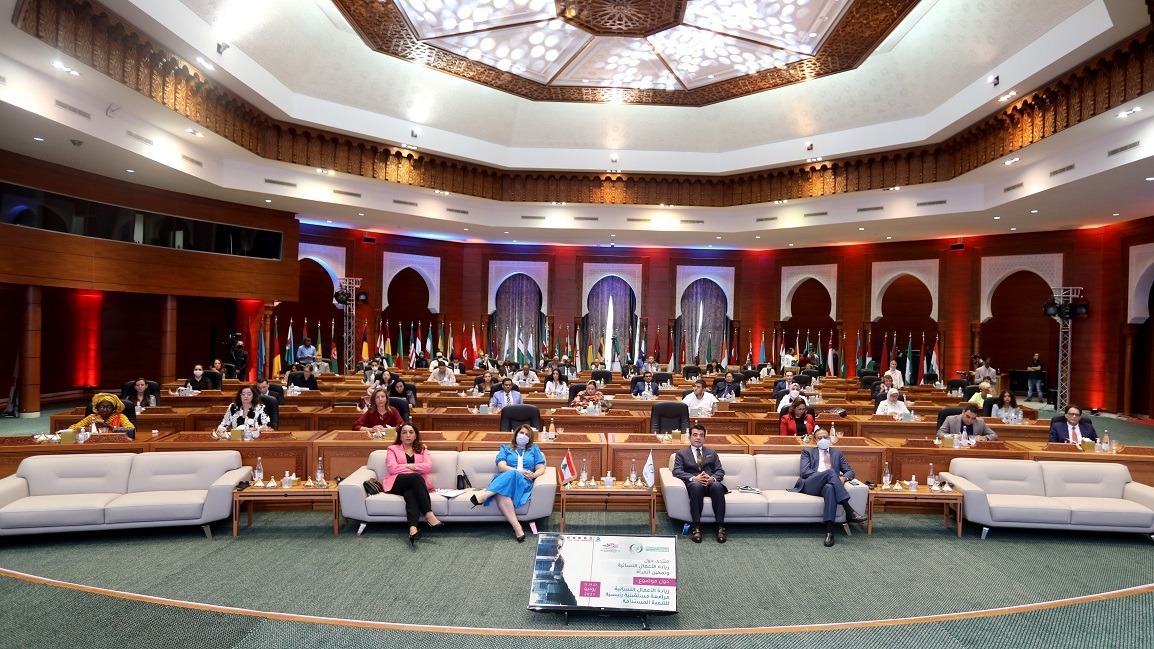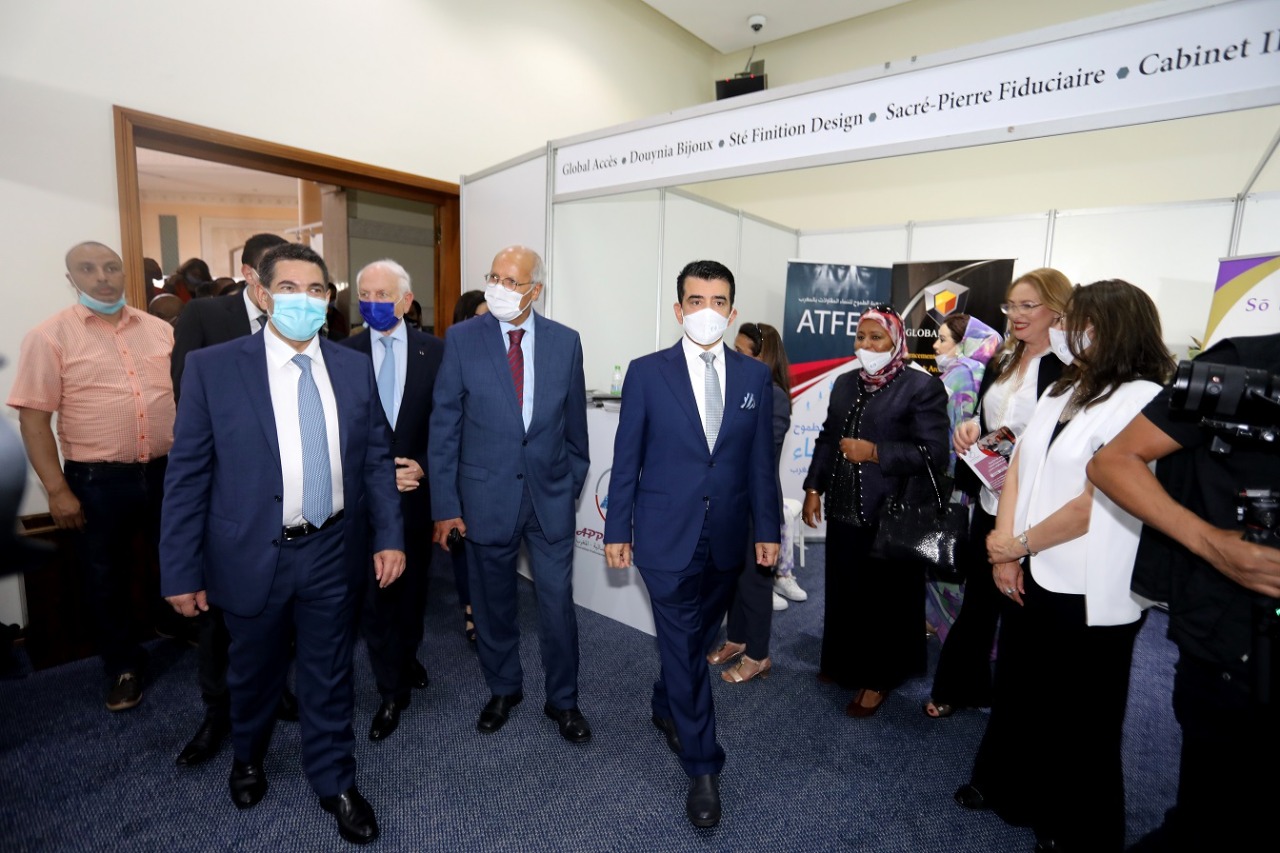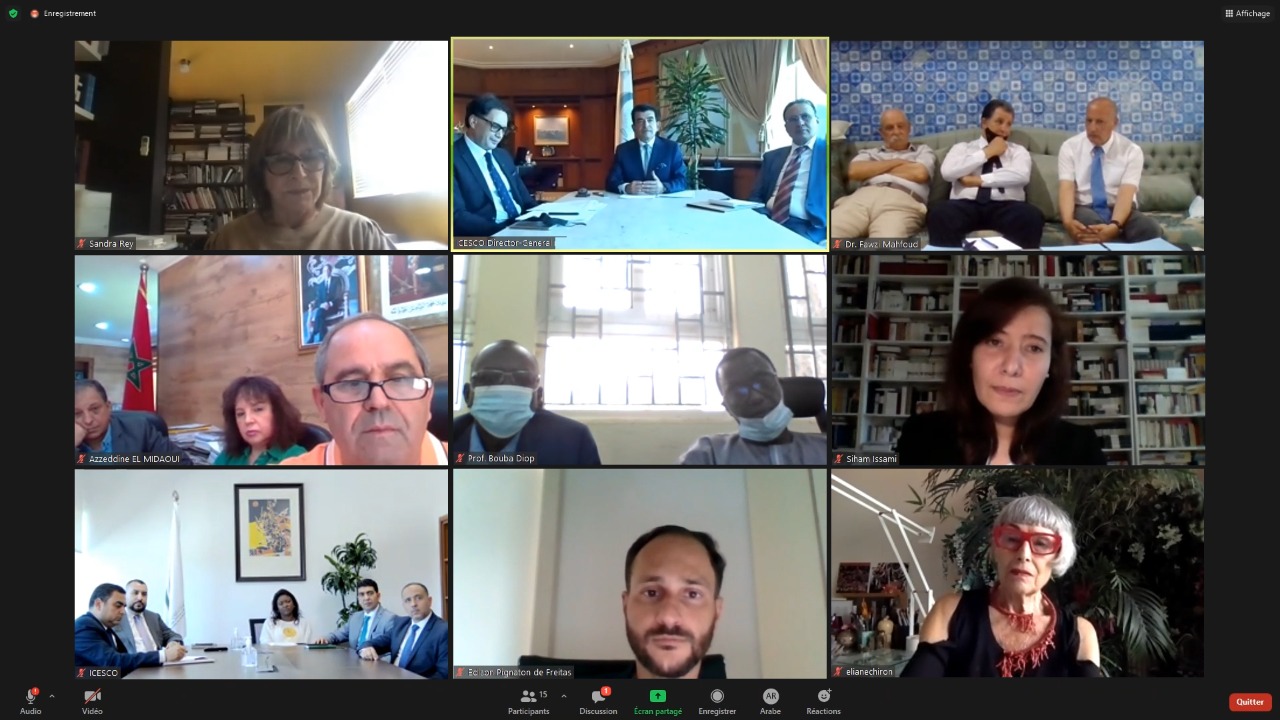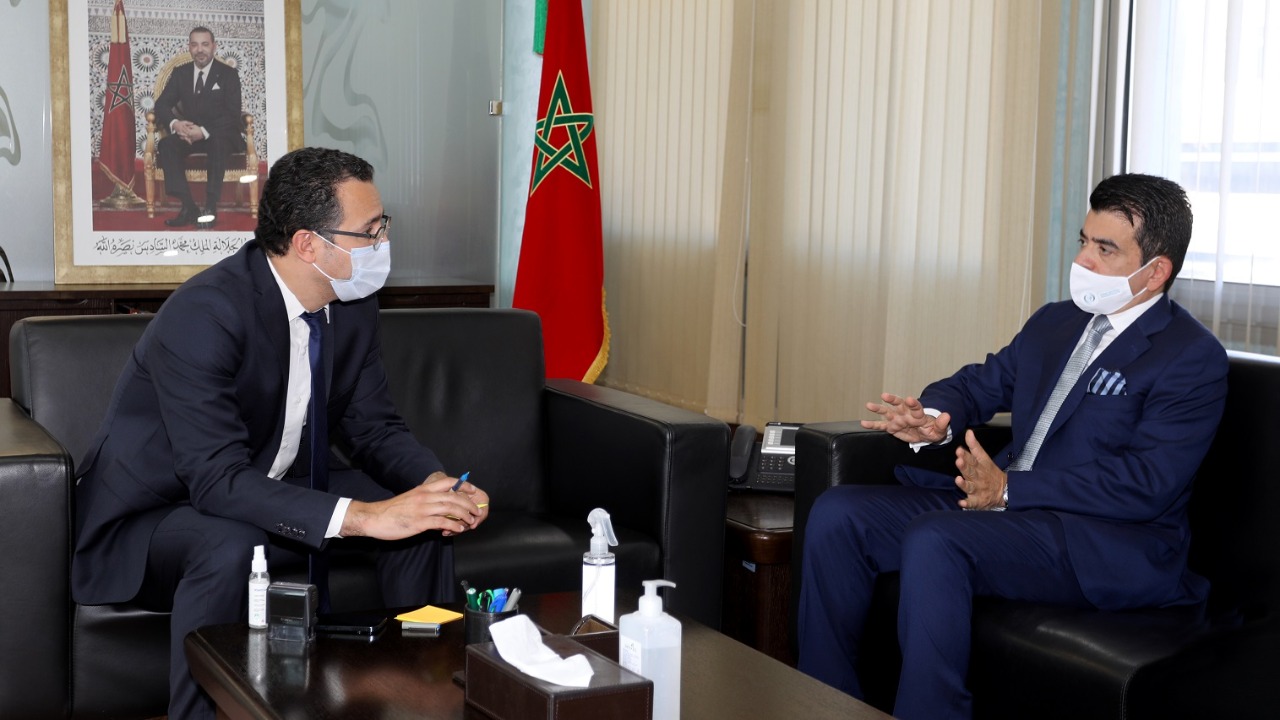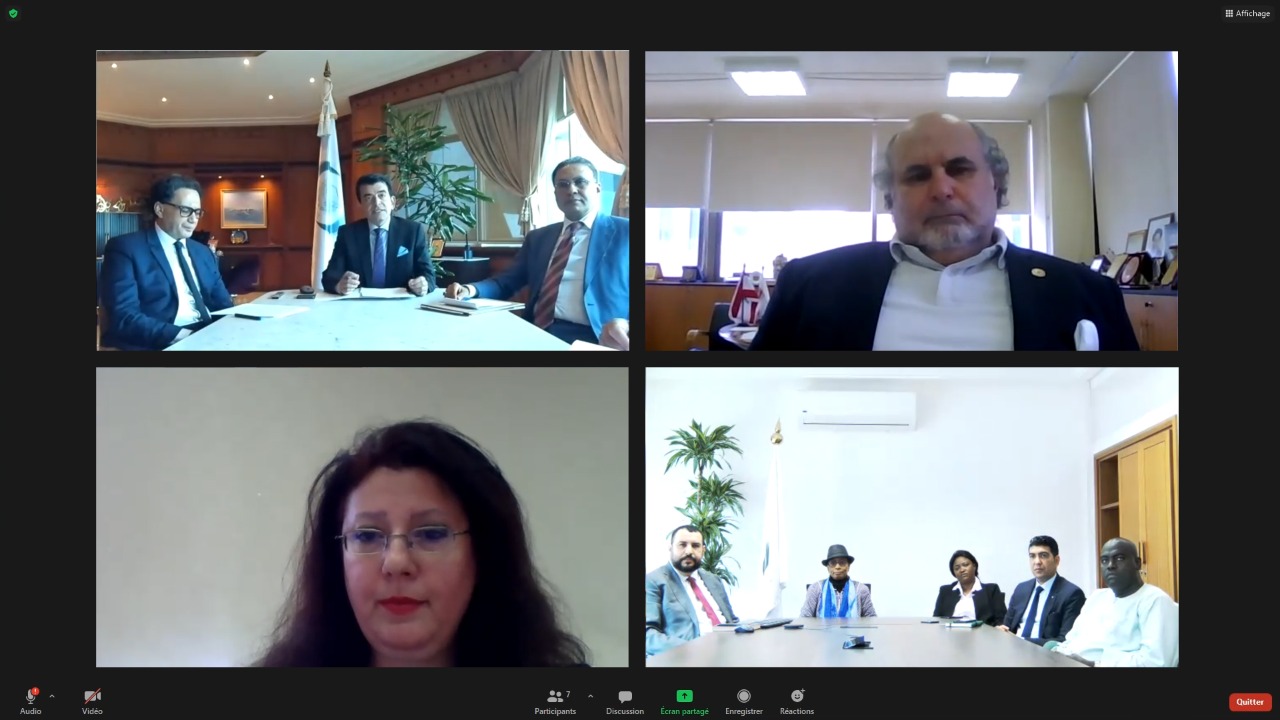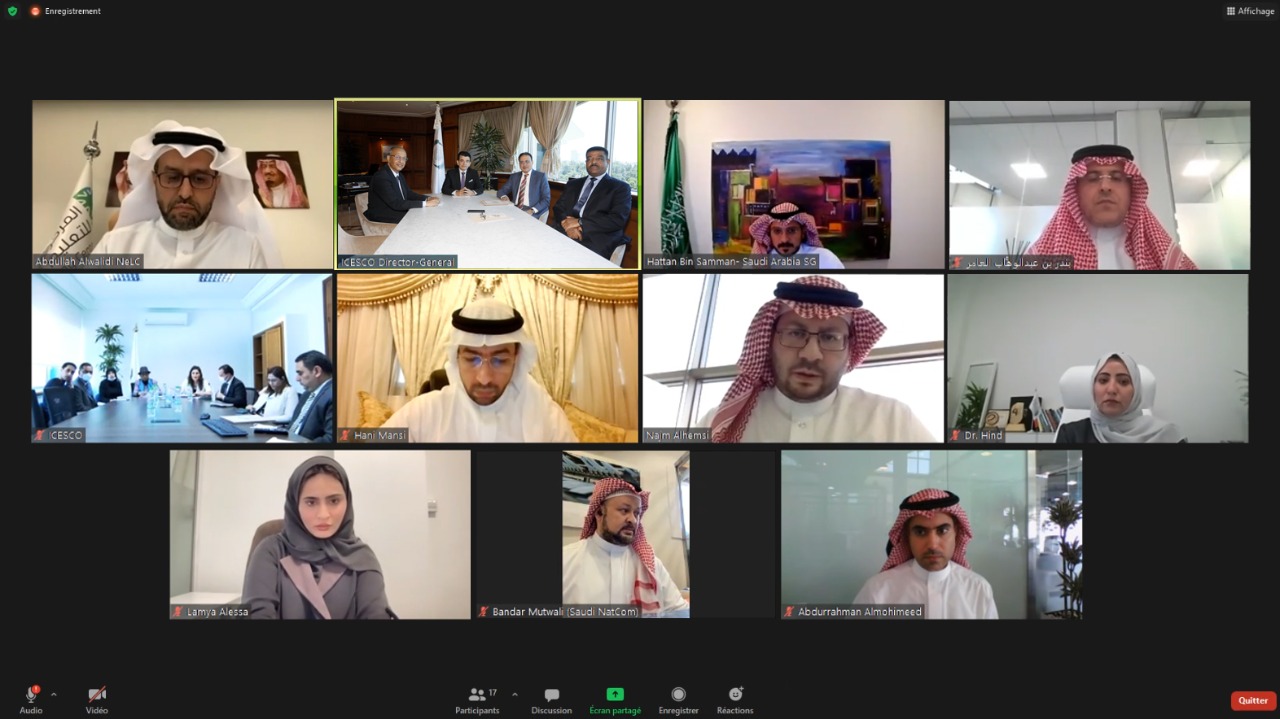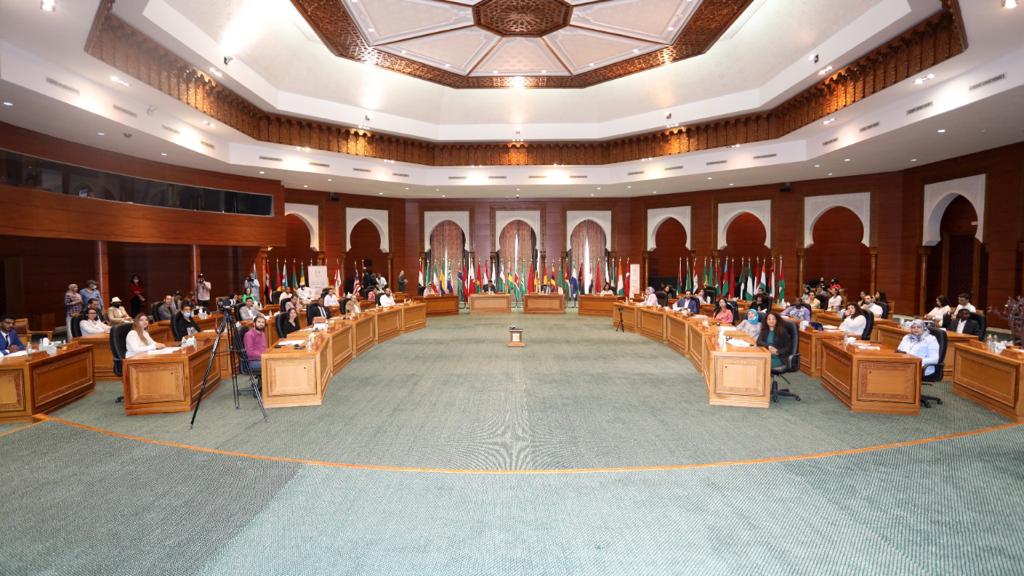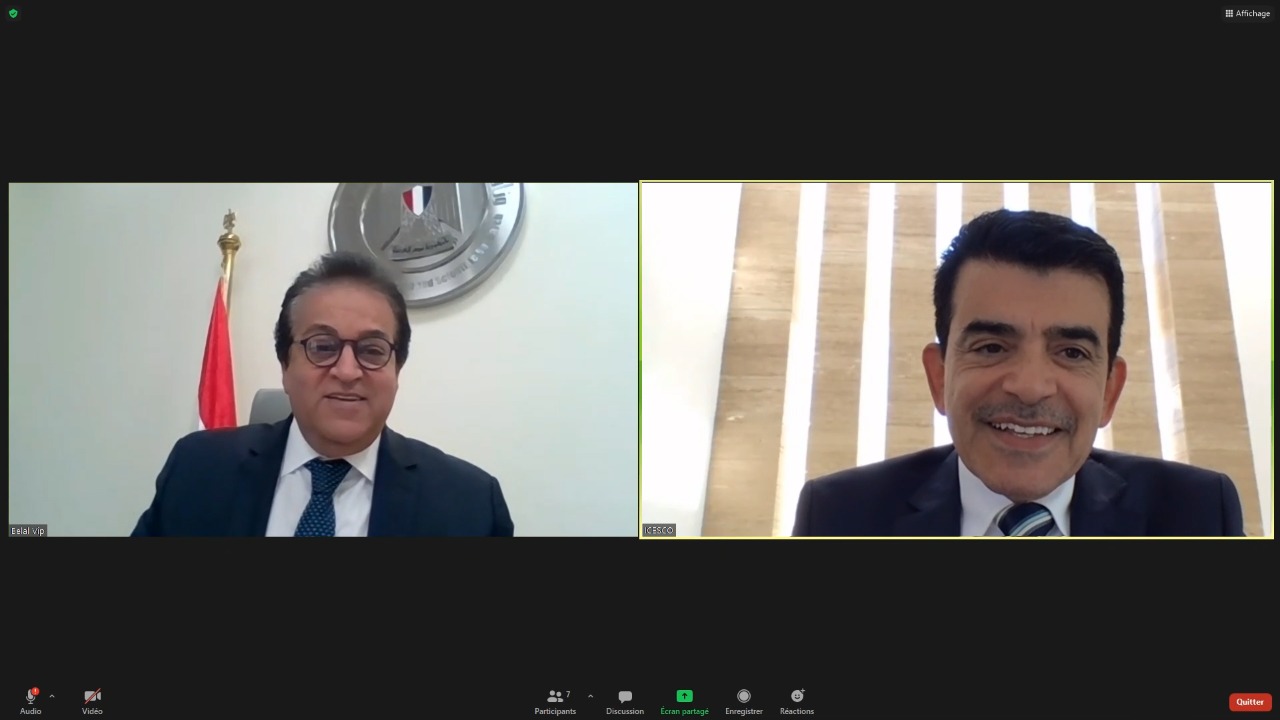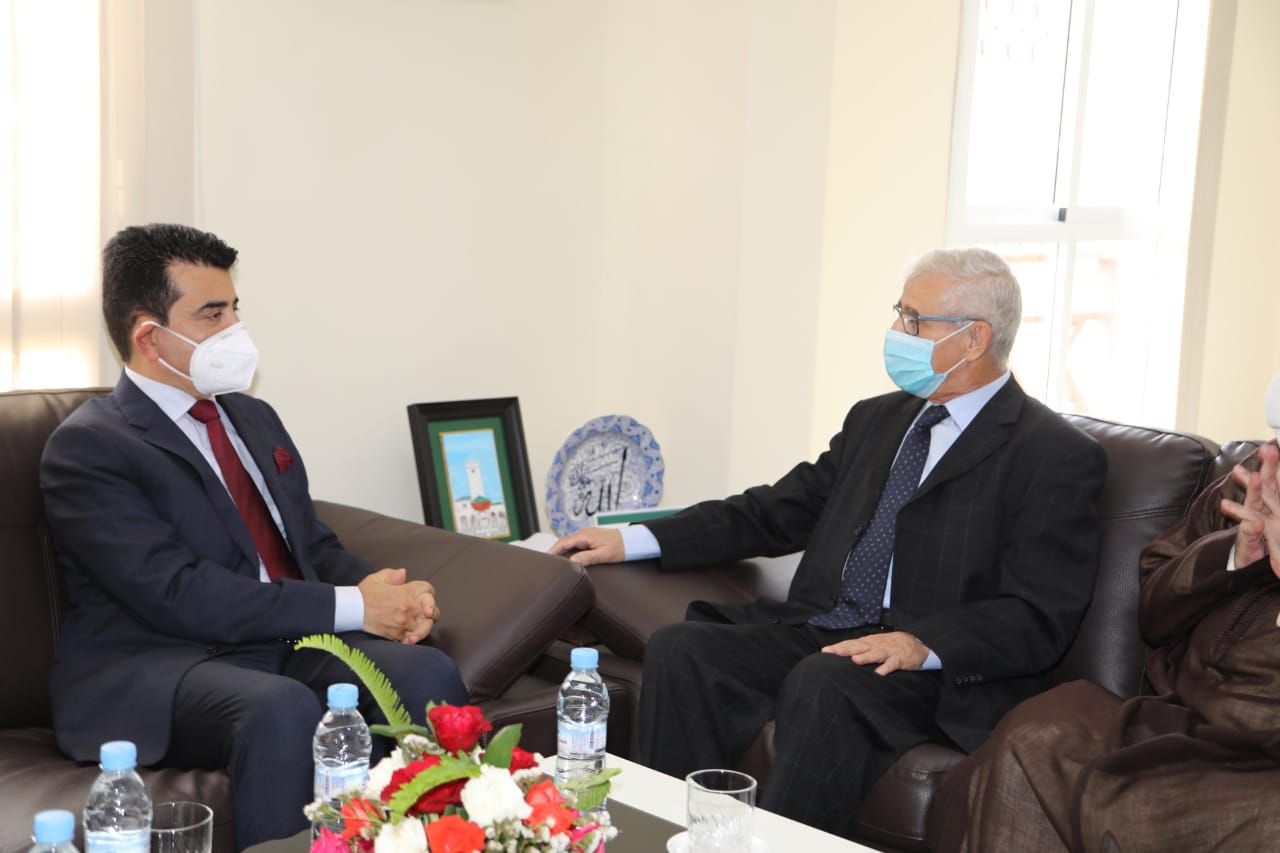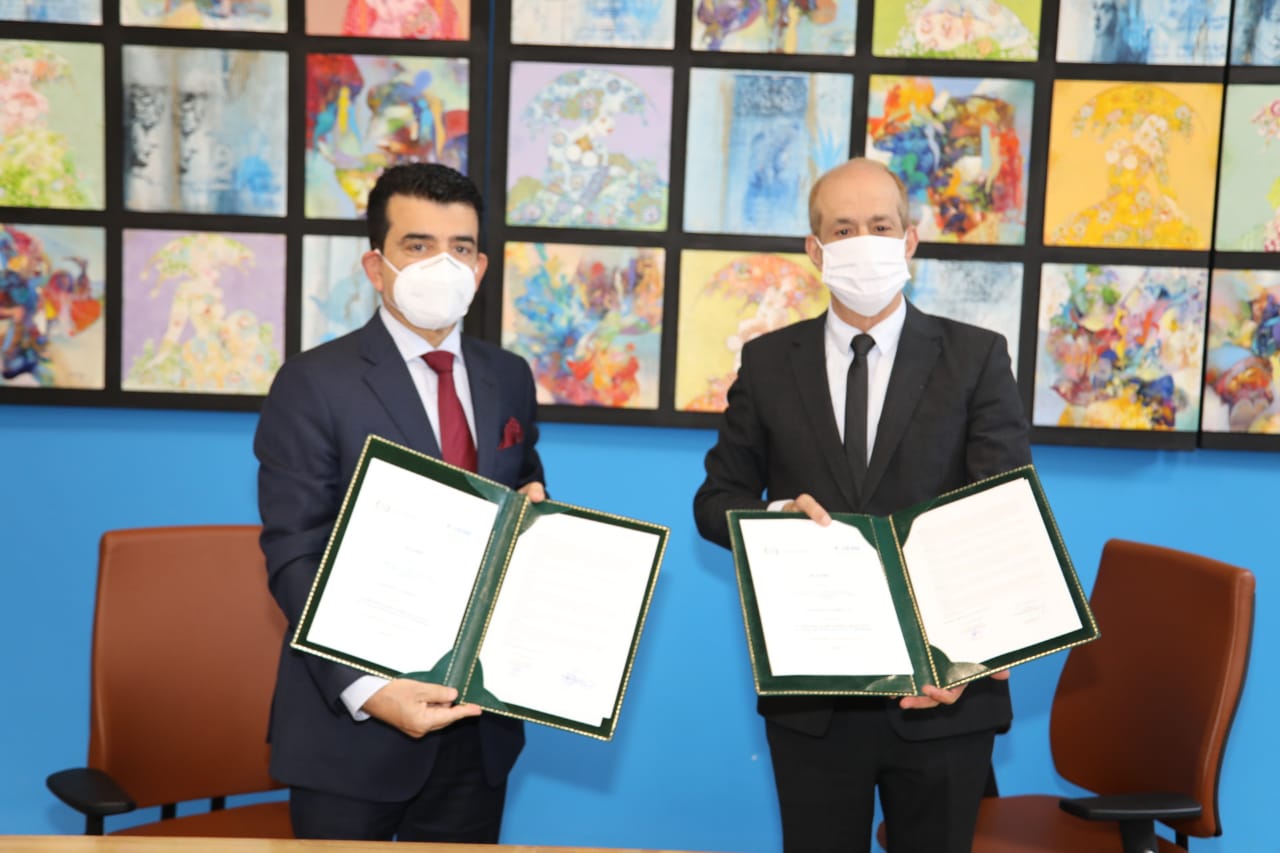The second day of ICESCO International Forum on Women Entrepreneurship and Empowerment witnessed rich discussions, creative ideas and practical recommendations to contribute to the success of women entrepreneurs. The three-day event, held as part of the celebration of ICESCO’s Year of Women 2021, also included presentations of women’s inspiring success stories in the field of entrepreneurship.
Dr. Salim M. AlMalik, ICESCO Director-General (DG), delivered an opening address during the second day of the Forum, held under the theme: “Women Entrepreneurship, A future Key Lever for Sustainable Development,” wherein he reiterated his thanks and gratitude to His Majesty King Mohammed VI for His high patronage for the celebration of ICESCO’s Year of Women.

Dr. AlMalik underscored that ICESCO believes that women empowerment is essential to overcoming challenges which is an integral part of the 2030 Agenda for Sustainable development. This includes their basic rights that ensure equal ownership, employment and skills development.
Dr. AlMalik praised the remarkable progress most Islamic countries have made in recent years in eliminating gender discrimination and standing against women and girls’ marginalization and violations of their rights, calling for further action on this matter.

Afterward, Mrs. Hala bint Mohammed Jaber Al-Ansari, Secretary-General of the Supreme Council for Women, Bahrain, stated that entrepreneurship was the sector most affected by the COVID-19 pandemic. Ms. Al-Ansari also reviewed the efforts of Bahrain in promoting entrepreneurship.

During her presentation, Ms. Claudine Aoun, President of the National Commission for Lebanese Women, stressed that women’s participation is key to achieving 2030 Sustainable Development Goals.

Dr. Fadia Kiwan, DG of Arab Women Organization, stated that personal capacities development is the ultimate mechanism to adjust to the free market given the current change in women’s capacities and aspirations.
Dr. Aida Beji Kallel, a member of the Executive Board of the National Chamber of Women Entrepreneurs in Tunisia, highlighted the importance of women entrepreneurship as key to societies’ success while reviewing the Chamber’s efforts in promoting entrepreneurship.

Ms. Leila Doukkali, President of the Association of Moroccan Women Entrepreneurs, emphasized the key role of women in achieving sustainable development for future generations.

Thereafter, the first session of the Forum’s second day included a discussion on the role and the importance of teaching women the principles and foundations of entrepreneurship, with the participation of pioneering women entrepreneurs and research professors from universities from around the world. The second session tackled the role of women’s entrepreneurship in building a sustainable future.


The Forum, which kicked off on Wednesday, June 23, 2021, at ICESCO headquarters, saw high-level participation of ministers, officials, ambassadors, experts and businesswomen. The event also included an Art exhibition “In the Footsteps of Fatmia Al-Fihriya,” hosted at ICESCO’s Contemporary Art Gallery, which features a large number of paintings of female Moroccan artists, as well as an exhibition of products of women cooperatives and several companies in Morocco.


